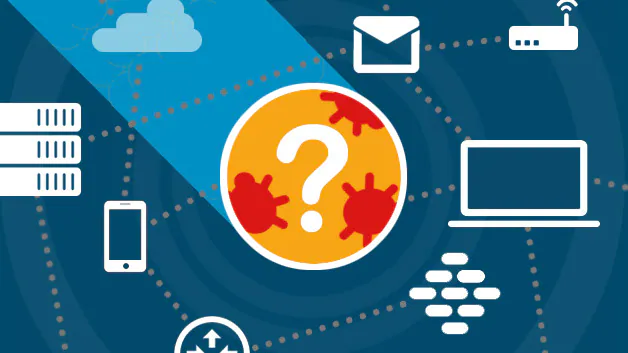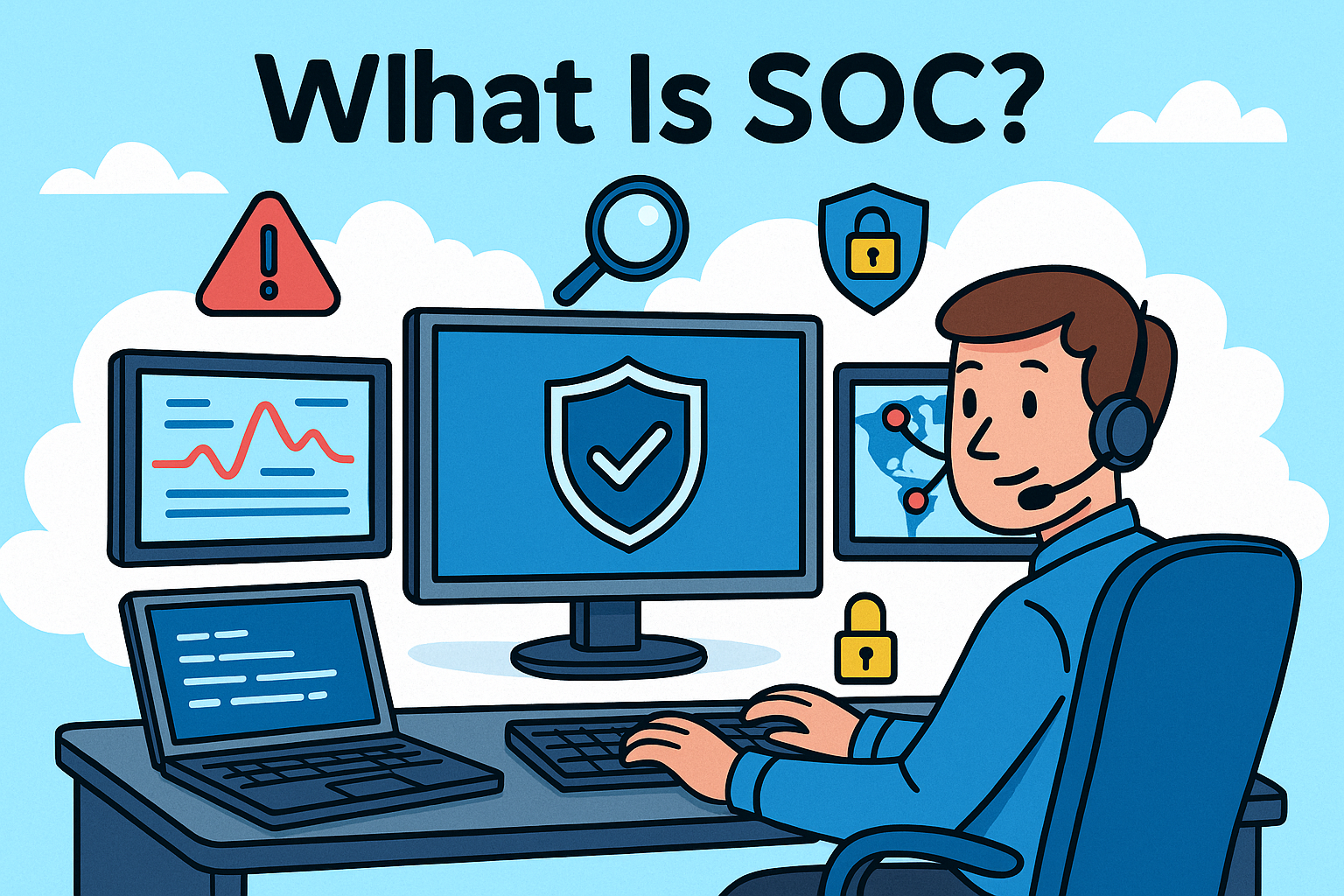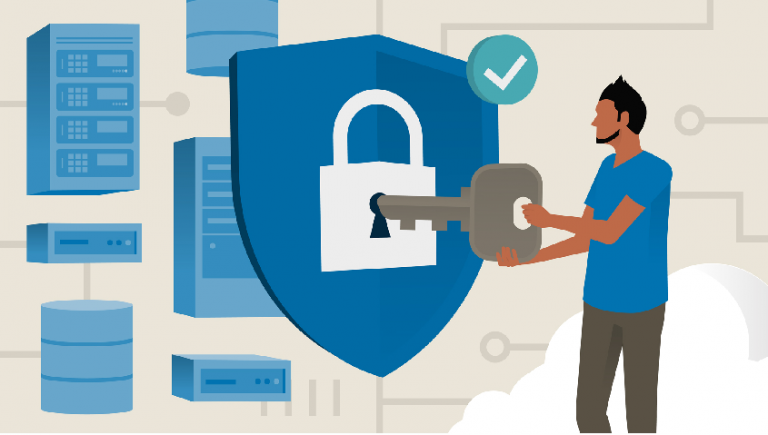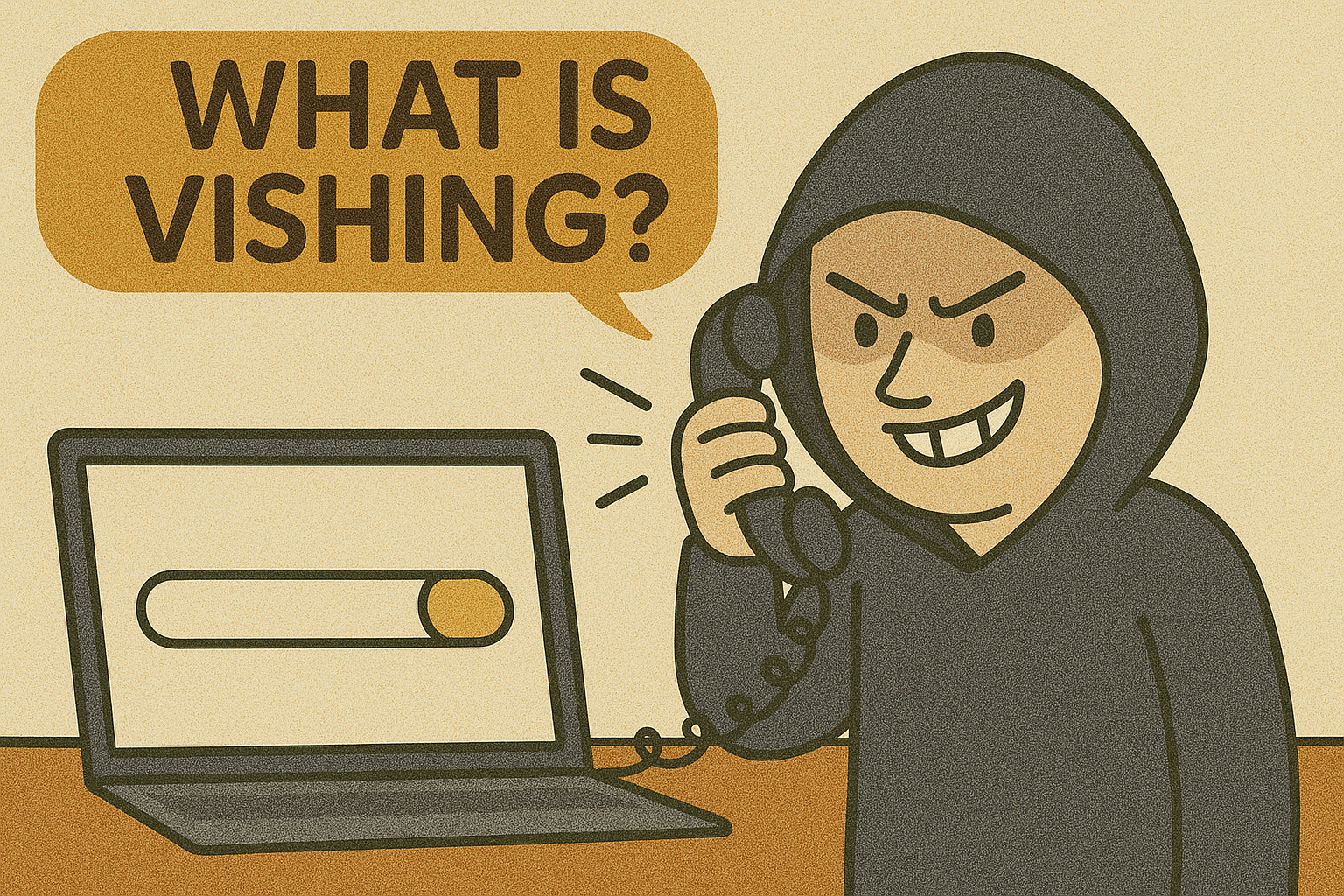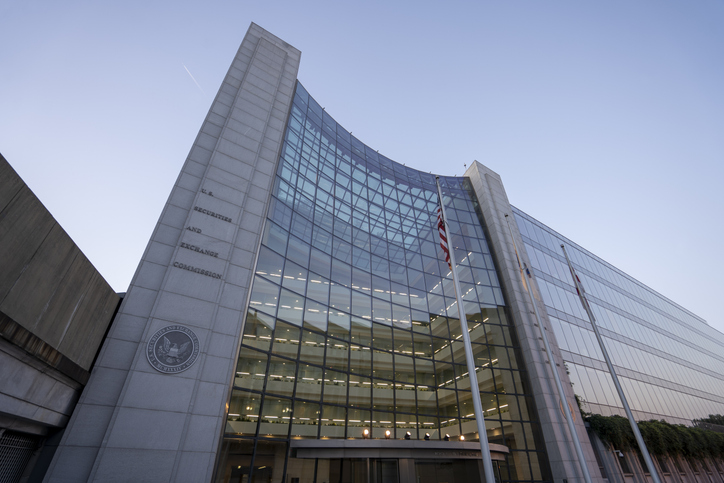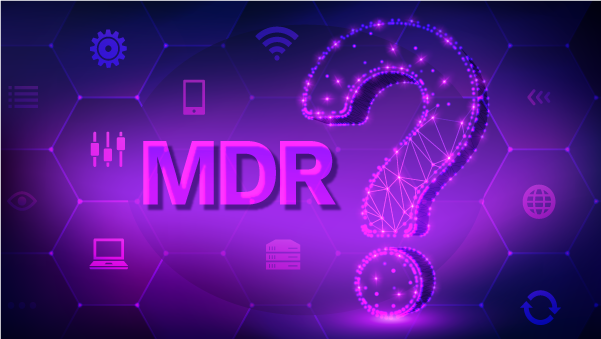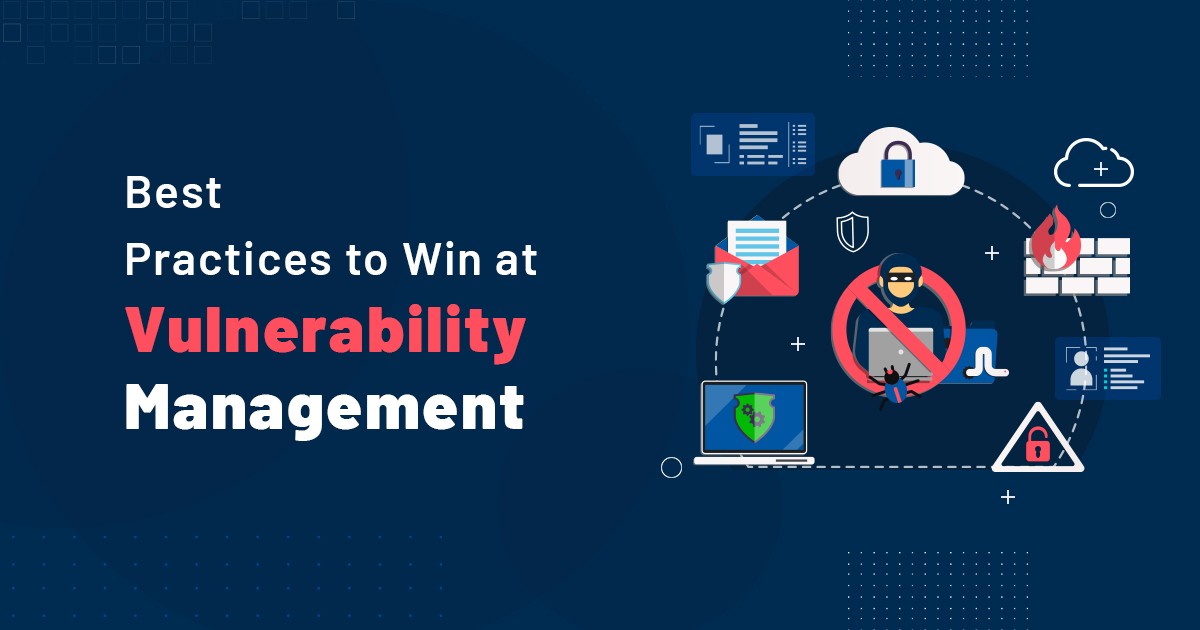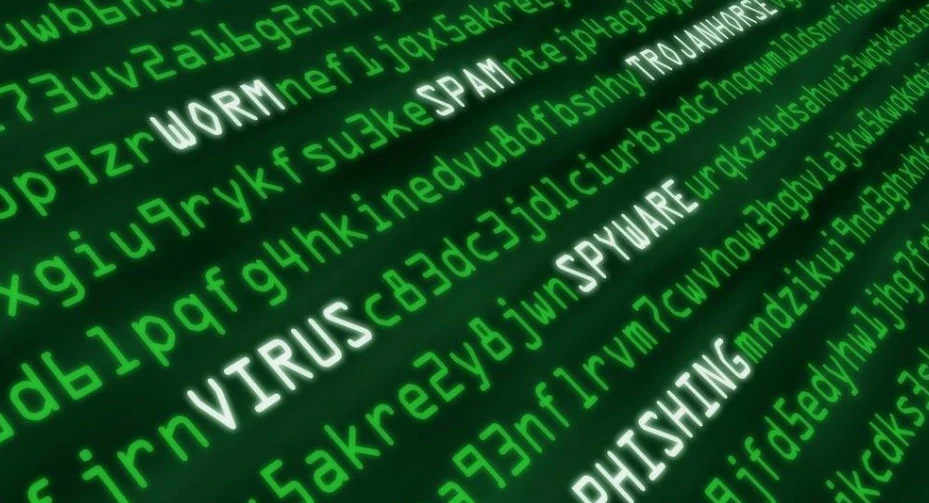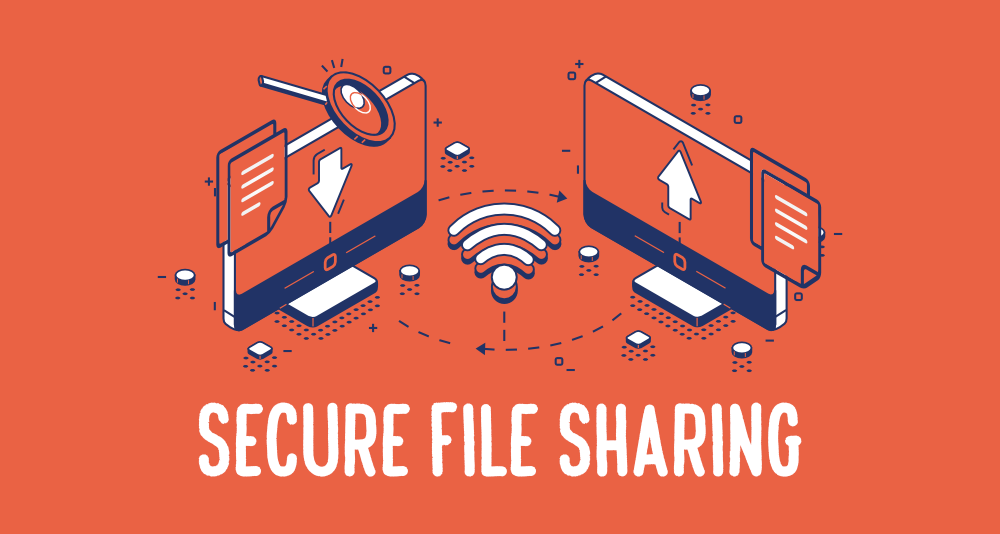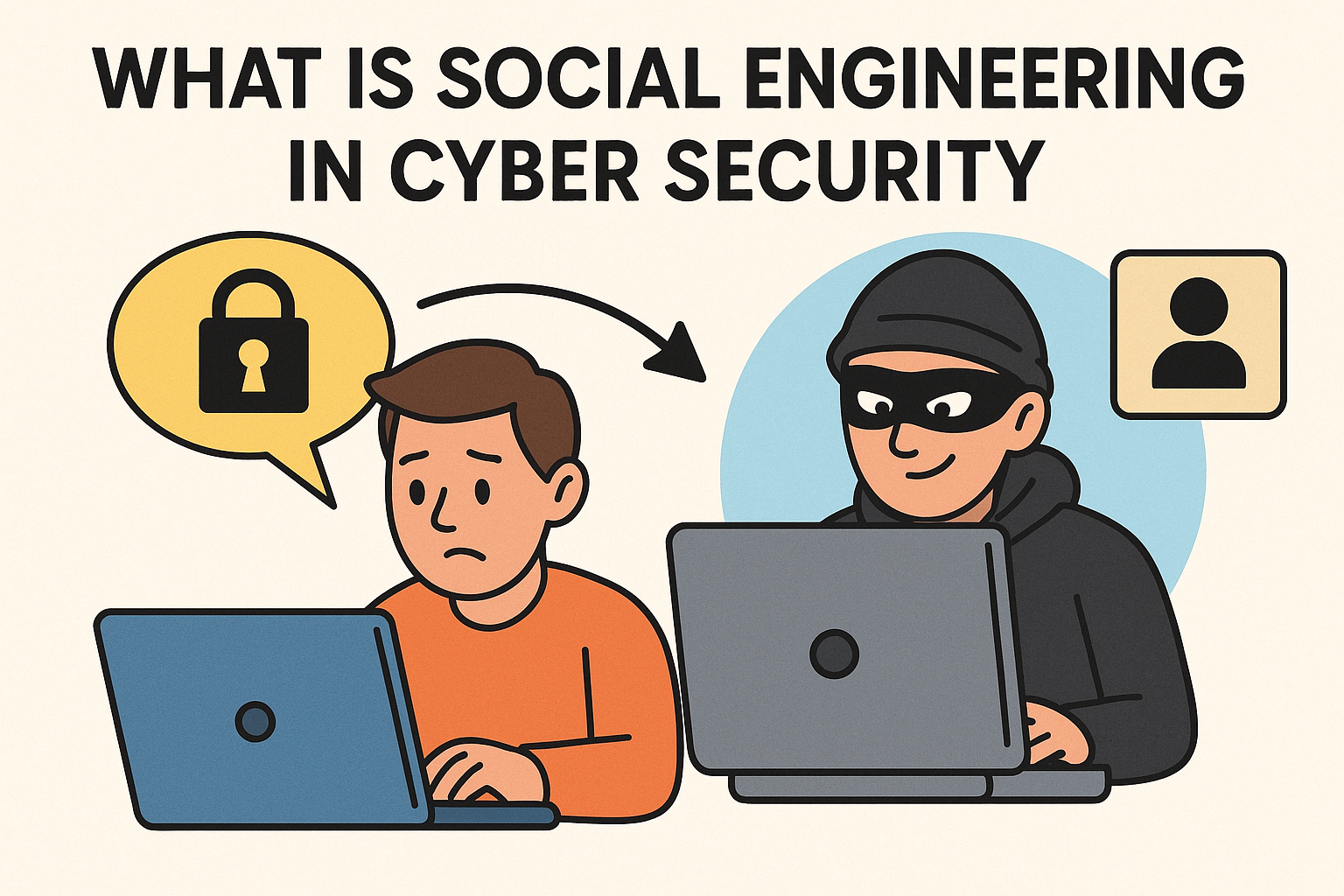What Is Computer Protection?
Updated on August 8, 2022, by Xcitium
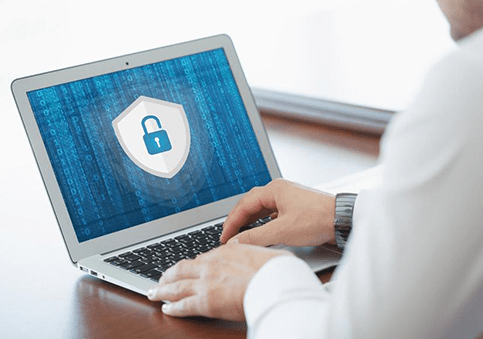
Computer protection or security is the process of protecting your computer against unauthorized intrusions. This unauthorized intrusion could be anything from the installation of malicious software on your computer without your consent, to hackers taking over your computer’s control so that it can be used as a botnet, including every other security threat which falls between them.
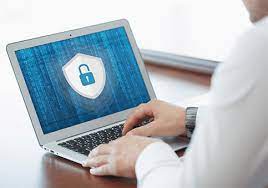
Computer Protection Basics
Once your PC security has been compromised, hackers can also take over your identity and use it to their advantage. Like, for example, hackers can pose as ‘you’ to carry out security attacks, can hide their actual location in case of high profile attacks and use yours instead, and can also encrypt your computer’s data or crash it altogether.
Therefore, in this blog post, let’s take a look at some of the basics of computer protection, using which you can secure your computer successfully.
- Install Antivirus Software: Not just any
antivirus software but one that can offer real-time protection. Because real-time protection is crucial if your PC is to be protected against today’s security threats. Each day a new security threat is discovered and your antivirus software should keep up with them. As to whether you should go for free or paid antivirus, this entirely depends on your security requirements.
- Implement Other Security Tools: Unfortunately, antivirus alone is not sufficient to keep security threats at bay. You need the whole package – anti-malware, firewall, and others – to combat today’s sophisticated malware. These bunch of security tools usually are packaged and sold under the name Internet Security Suite. PC users like you have to implement these if they need enhanced computer protection.
- Keep Your Computer Updated: Ensure every software within your computer is properly patched up and up-to-date. This includes the operating system and the other third-party software which might be a part of it. Because most of the security threats exploit your system’s security vulnerabilities and keeping your system up-to-date can eliminate such threats.
- Use Complex Passwords: Another aspect which is very important but quite often ignored are strong and unguessable passwords. Each password you possess (not just your system password) to various accounts you might be having pose a serious threat to your PC and your digital identity. Therefore ensure you always implement complex passwords. And by complex passwords, we mean passwords which contain the right mix of alphabets, symbols, numbers and special characters.
- Follow Security Best Practices: Finally, don’t forget to follow the security best practices like not clicking on suspicious mails, not downloading suspicious attachments, not visiting dangerous websites etc., to keep your computer and digital identity safe. In other words, exercise caution while online.
Conclusion:
Your computer protection is something which cannot be taken lightly. Especially considering the rapidly changing cybersecurity threat landscape which seems to throw up new challenges almost every day. Therefore equip your computer with the necessary security tools – like Xcitium Antivirus and Xcitium Internet Security (CIS) – and ensure it stays protected from various malware attacks and other security threats.




